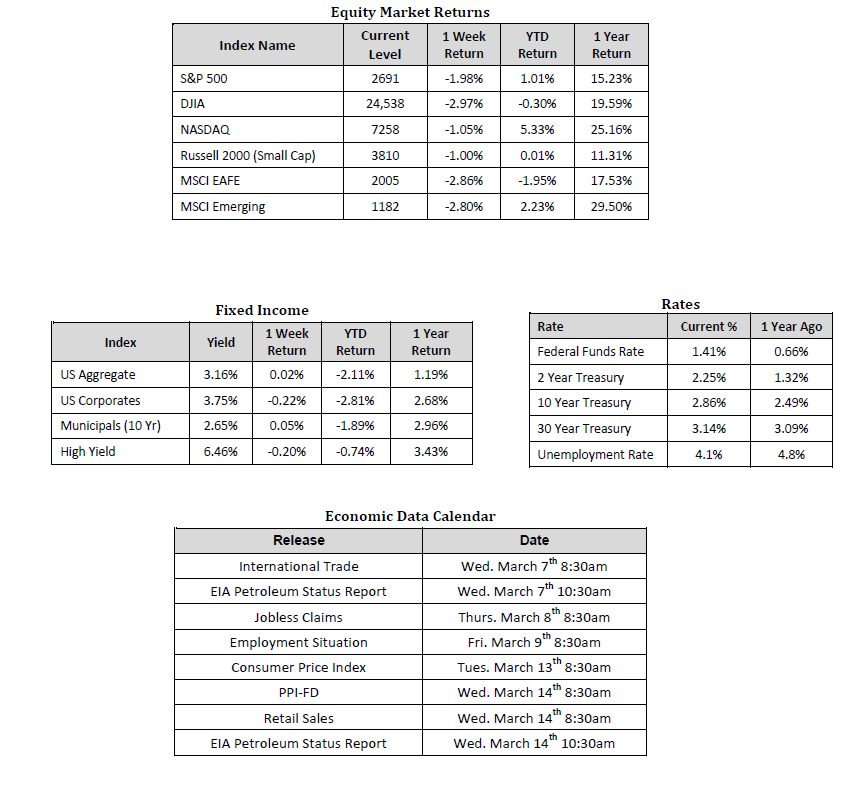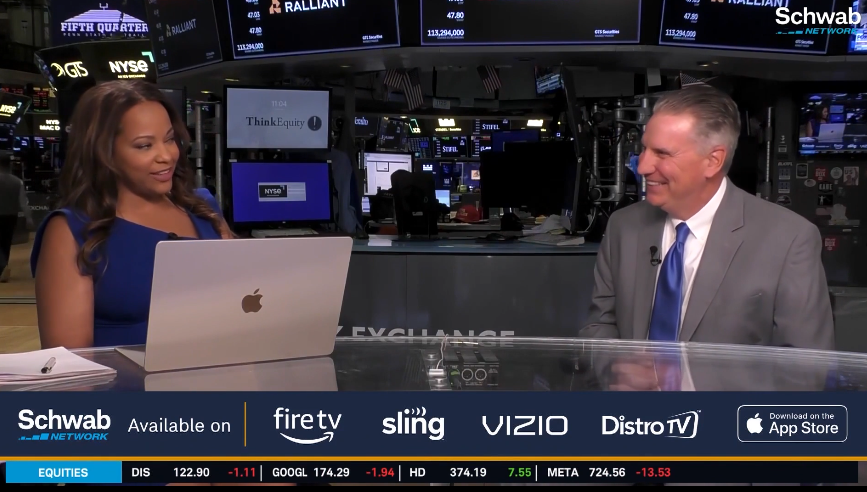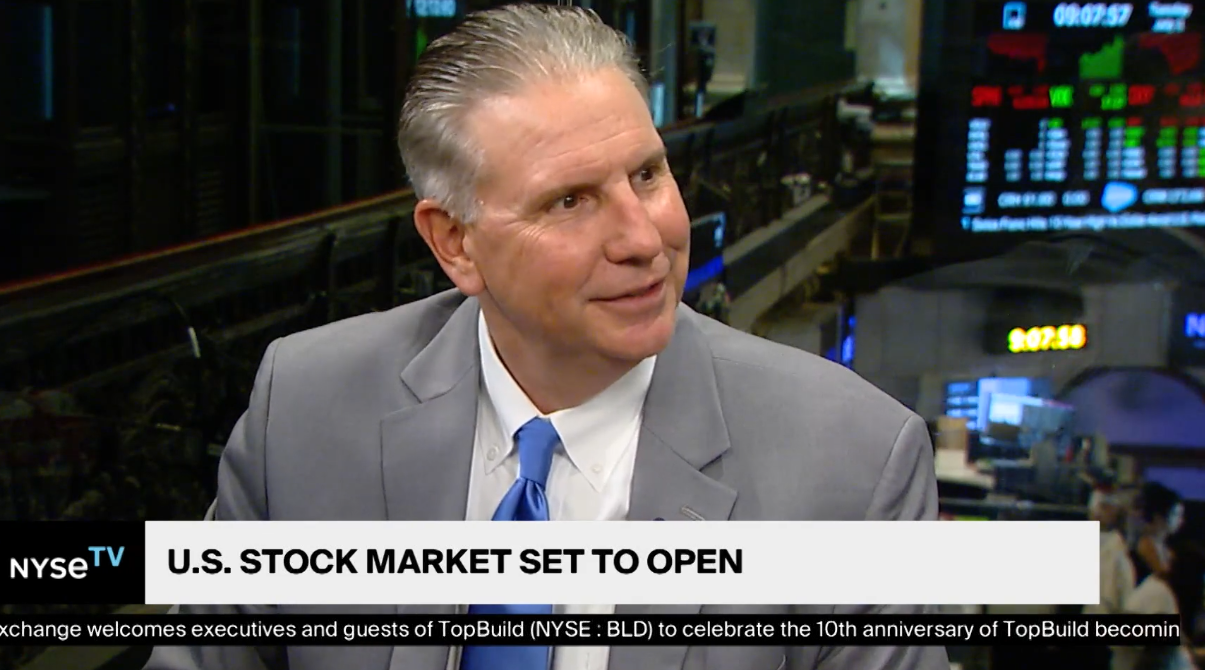
Stocks Decline on Trade and Tariffs Concerns
Market Overview
Sources: Sources for data in tables: Equity Market and Fixed Income returns are from JP Morgan as of 03/03/18. Rates and Economic Calendar Data from Bloomberg as of 03/05/18. International developed markets measured by the MSCI EAFE Index, emerging markets measured by the MSCI EM Index. Sector performance is measured using GICS methodology.
Happening Now
Stocks reversed course last week, dropping across geographic regions as concerns over a potential trade war were ignited by comments and tweets from President Trump. The S&P 500 Index faced the brunt of the selling pressure in the U.S., falling 2%, while the Russell Midcap Index declined 1.7%, and the Russell 2000, a gauge of the Nation’s smallest publically traded companies, lost 1%. On the international front, developed markets fell 2.9% and emerging markets dropped 2.8%. In a sign of a flight to quality, the yield on the 10 year U.S. Treasury note declined 2 basis points from 2.88% to 2.86%.
While nothing has been finalized, President Trump announced his plans to impose stiff tariffs of 25% on imported steel and 10% on imported aluminum. Upon last Thursday’s announcement, the S&P 500 fell 1%, its seventh daily decline of that magnitude or greater so far this year. Selling pressure continued on Friday morning but markets recovered and ended the day with a slight gain, breaking the trend of three consecutive days of losses.
Despite the risks associated with a true trade war, namely a slowdown in global economic growth, investors should continue to base their decisions on facts and not on speculation. At this point, no action has been taken on the part of the Administration to implement tariffs and only vague, potential retaliatory measures have been announced by our trading partners. It is likely that some form of tariffs will ultimately be put in place but against a backdrop of continued positive economic data such as rock bottom jobless claims, a strong manufacturing sector, and a confident consumer, investors should not yet be concerned about the likelihood of a bear market developing over the course of the next twelve months. We are also aware that President Trump’s announced tariffs may only be a negotiating tactic and will continue to monitor pushback on the part of congressional republicans and democrats.
With the seemingly never ending stream of “BREAKING NEWS”, investors need to be very careful to understand and remain focused on their longer term goals. Developing a financial plan that clarifies risk tolerance, income needs, and expenses can go a long way in building confidence with one’s investment strategy. Similarly, engaging with a Financial Advisor can help put the latest news story into context and help better understand the real world implications of what’s being discussed in the media.
Important Information and Disclaimers
Disclosures: Hennion & Walsh is the sponsor of SmartTrust® Unit Investment Trusts (UITs). For more information on SmartTrust® UITs, please visit www.smarttrustuit.com. The overview above is for informational purposes and is not an offer to sell or a solicitation of an offer to buy any SmartTrust® UITs. Investors should consider the Trust’s investment objective, risks, charges and expenses carefully before investing. The prospectus contains this and other information relevant to an investment in the Trust and investors should read the prospectus carefully before they invest.
Investing in foreign securities presents certain risks not associated with domestic investments, such as currency fluctuation, political and economic instability, and different accounting standards. This may result in greater share price volatility. These risks are heightened in emerging markets.
There are special risks associated with an investment in real estate, including credit risk, interest rate fluctuations and the impact of varied economic conditions. Distributions from REIT investments are taxed at the owner’s tax bracket.
The prices of small company and mid cap stocks are generally more volatile than large company stocks. They often involve higher risks because smaller companies may lack the management expertise, financial resources, product diversification and competitive strengths to endure adverse economic conditions.
Investing in commodities is not suitable for all investors. Exposure to the commodities markets may subject an investment to greater share price volatility than an investment in traditional equity or debt securities. Investments in commodities may be affected by changes in overall market movements, commodity index volatility, changes in interest rates or factors affecting a particular industry or commodity.
Products that invest in commodities may employ more complex strategies which may expose investors to additional risks.
Investing in fixed income securities involves certain risks such as market risk if sold prior to maturity and credit risk especially if investing in high yield bonds, which have lower ratings and are subject to greater volatility. All fixed income investments may be worth less than original cost upon redemption or maturity. Bond Prices fluctuate inversely to changes in interest rates. Therefore, a general rise in interest rates can result in the decline of the value of your investment.
Definitions
MSCI- EAFE: The Morgan Stanley Capital International Europe, Australasia and Far East Index, a free float-adjusted market capitalization index that is designed to measure developed-market equity performance, excluding the United States and Canada.
MSCI-Emerging Markets: The Morgan Stanley Capital International Emerging Market Index, is a free float-adjusted market capitalization index that is designed to measure the performance of global emerging markets of about 25 emerging economies.
Russell 3000: The Russell 3000 measures the performance of the 3000 largest US companies based on total market capitalization and represents about 98% of the investible US Equity market.
ML BOFA US Corp Mstr [Merill Lynch US Corporate Master]: The Merrill Lynch Corporate Master Market Index is a statistical composite tracking the performance of the entire US corporate bond market over time.
ML Muni Master [Merill Lynch US Corporate Master]: The Merrill Lynch Municipal Bond Master Index is a broad measure of the municipal fixed income market.
Investors cannot directly purchase any index.
LIBOR, London Interbank Offered Rate, is the rate of interest at which banks offer to lend money to one another in the wholesale money markets in London.
The Dow Jones Industrial Average is an unweighted index of 30 “blue-chip” industrial U.S. stocks.
The S&P Midcap 400 Index is a capitalization-weighted index measuring the performance of the mid-range sector of the U.S. stock market, and represents approximately 7% of the total market value of U.S. equities. Companies in the Index fall between S&P 500 Index and the S&P SmallCap 600 Index in size: between $1-4 billion.
DJ Equity REIT Index represents all publicly traded real estate investment trusts in the Dow Jones U.S. stock universe classified as Equity REITs according to the S&P Dow Jones Indices REIT Industry Classification Hierarchy. These companies are REITs that primarily own and operate income-producing real estate.




